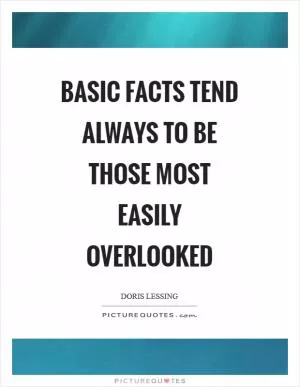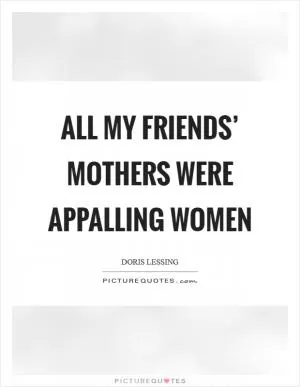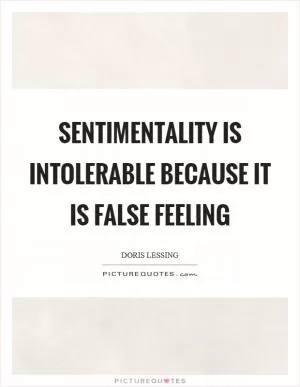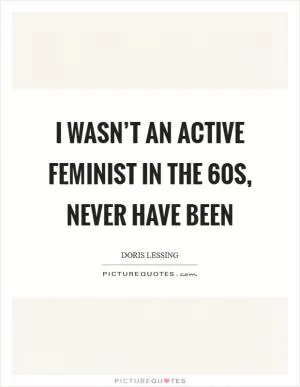None of you [men] ask for anything - except everything, but just for so long as you need it
![None of you [men] ask for anything - except everything, but just for so long as you need it Picture Quote #1 None of you [men] ask for anything - except everything, but just for so long as you need it Picture Quote #1](https://img.picturequotes.com/2/71/70368/none-of-you-men-ask-for-anything-except-everything-but-just-for-so-long-as-you-need-it-quote-1.jpg)
None of you [men] ask for anything - except everything, but just for so long as you need it
Doris Lessing, a prolific writer and Nobel Prize winner, often explored themes of power dynamics, gender roles, and societal expectations in her works. In the quote, “None of you [men] ask for anything - except everything, but just for so long as you need it,” Lessing delves into the complexities of relationships and the ways in which individuals, particularly men, often take for granted the emotional labor and sacrifices made by women.Throughout her writing, Lessing frequently depicted the struggles of women who were expected to fulfill the needs and desires of men without receiving the same level of care and consideration in return. In this quote, she highlights the tendency of men to demand everything from their partners without truly understanding or appreciating the effort and sacrifices required to meet those demands.
The phrase “just for so long as you need it” suggests a temporary nature to the expectations placed on women by men. It implies that once a man’s needs are met or no longer deemed necessary, he may move on without considering the impact on the woman who has given so much of herself to fulfill those needs. This dynamic speaks to the unequal power dynamics and lack of reciprocity often present in relationships, particularly those between men and women.
Lessing’s exploration of these themes sheds light on the ways in which societal norms and expectations can perpetuate harmful patterns of behavior and reinforce gender inequalities. By calling attention to the unspoken expectations placed on women to fulfill the needs of men without question, she challenges readers to consider the ways in which these dynamics play out in their own lives and relationships.
Overall, Lessing’s quote serves as a powerful reminder of the importance of mutual respect, understanding, and reciprocity in relationships. It encourages readers to question and challenge traditional gender roles and expectations, and to strive for more equitable and fulfilling partnerships based on mutual care and consideration.












 Friendship Quotes
Friendship Quotes Love Quotes
Love Quotes Life Quotes
Life Quotes Funny Quotes
Funny Quotes Motivational Quotes
Motivational Quotes Inspirational Quotes
Inspirational Quotes